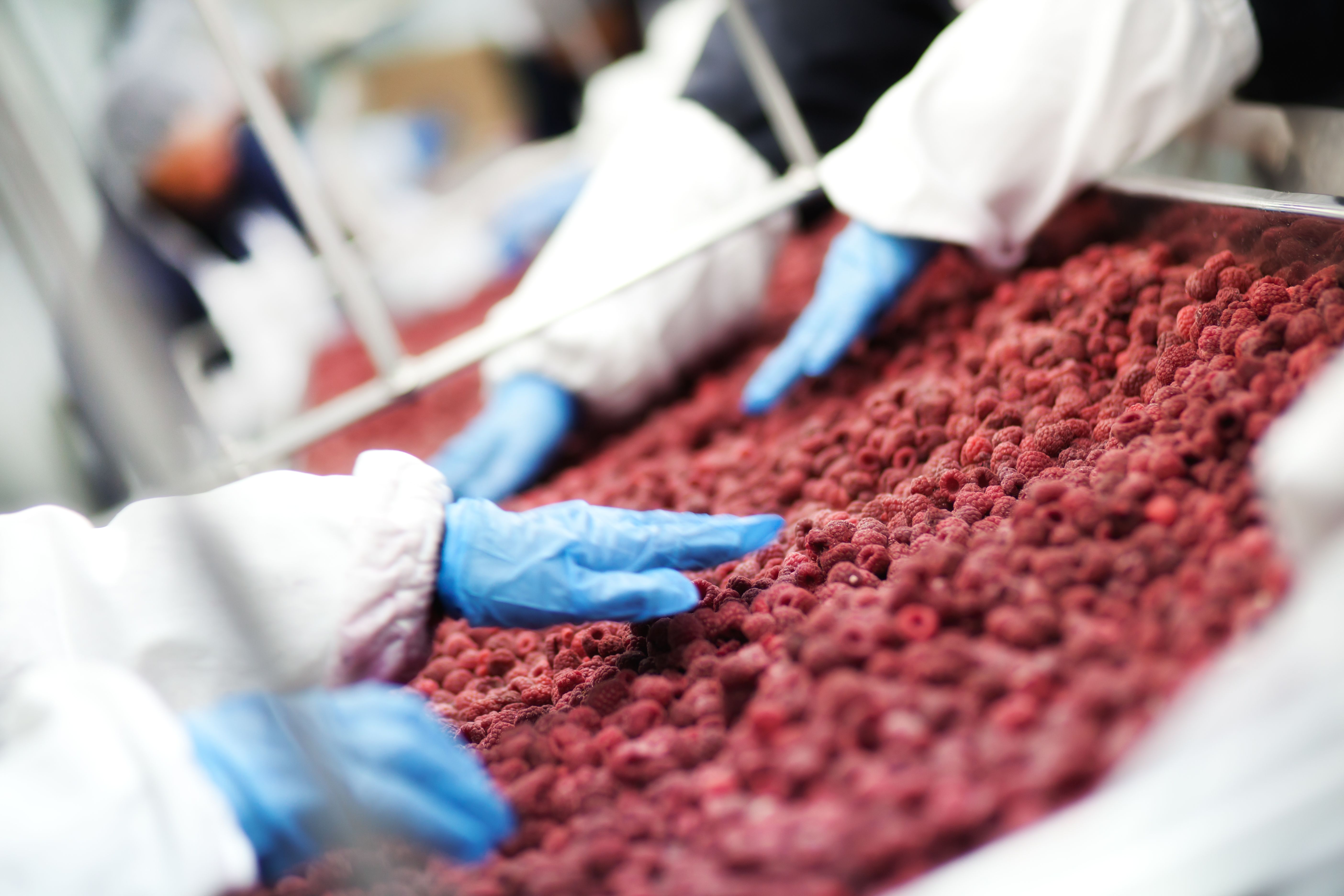Enhancing Economic Growth through Food Processing
The Role of Food Processing in Economic Development
Food processing is a vital component in the chain of economic activities that contribute to a nation's growth. It involves transforming raw agricultural products into consumable food items, which not only enhances their shelf life but also adds value. This sector serves as a bridge between agriculture and industry, offering numerous opportunities for economic advancement.

Job Creation and Employment Opportunities
One of the most significant advantages of a thriving food processing industry is job creation. By establishing processing plants, countries can generate employment for both skilled and unskilled labor. This has a ripple effect on local economies, as increased employment leads to higher disposable incomes and improved living standards.
Additionally, it promotes the development of auxiliary industries such as packaging, logistics, and equipment manufacturing. These related sectors further contribute to job creation and economic diversification, making the economy more resilient.
Boosting Agricultural Productivity
A robust food processing industry incentivizes farmers to increase their production. With guaranteed markets and better prices for their produce, farmers are more likely to invest in quality seeds, fertilizers, and modern farming techniques. This leads to higher agricultural productivity, ensuring food security while also supporting export growth.

Reducing Post-Harvest Losses
In many developing countries, a significant percentage of agricultural produce goes to waste due to inadequate storage and processing facilities. Food processing can drastically reduce these post-harvest losses by converting perishable items into longer-lasting products. This not only ensures better returns for farmers but also stabilizes food supply throughout the year.
Encouraging Innovation and Technology
The food processing sector stimulates innovation through the adoption of new technologies and practices. Companies invest in research and development to improve product quality, efficiency, and consumer satisfaction. By embracing technology, the industry can cater to changing consumer preferences and maintain competitiveness in the global market.

Enhancing Trade and Export Potential
Processed foods have a higher export potential compared to raw agricultural products. By focusing on quality and adhering to international standards, countries can tap into global markets, earning valuable foreign exchange revenue. This not only strengthens the national economy but also enhances its international trade relations.
Challenges and Solutions
Despite its potential, the food processing industry faces challenges such as inadequate infrastructure, regulatory hurdles, and limited access to finance. Governments can play a crucial role in addressing these issues by investing in infrastructure, streamlining regulations, and providing financial incentives to encourage investment in the sector.
Furthermore, fostering partnerships between government, private sector, and research institutions can pave the way for sustainable growth in food processing. Collaborative efforts can lead to innovative solutions that overcome existing barriers and drive economic expansion.
